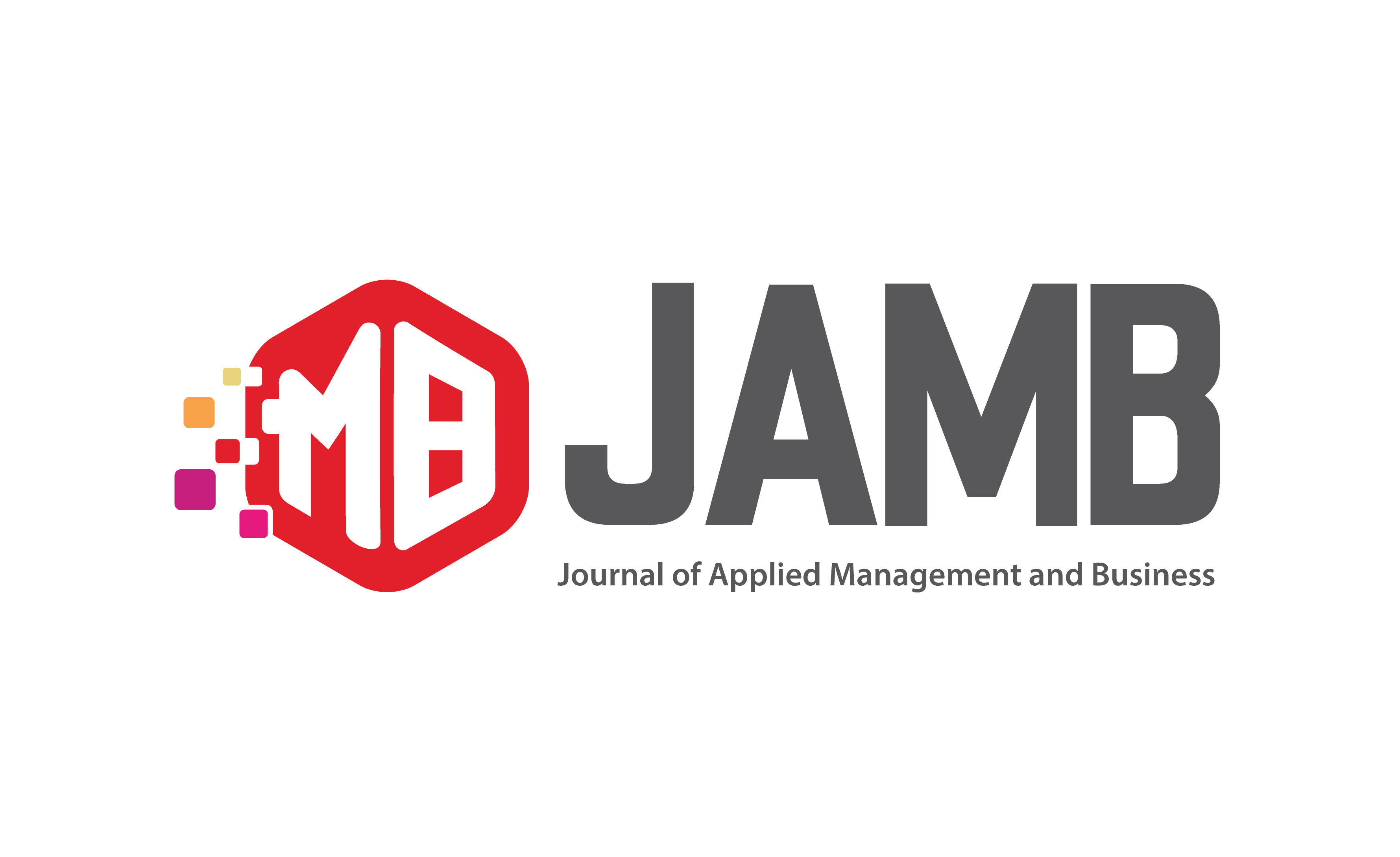KUSTOM KULTURE EVENT MARKETING AS A BRAND COMMUNITY CREATIVITY
DOI:
https://doi.org/10.37802/jamb.v2i2.210Keywords:
Kustom Kulture, Brand Strategy, Brand Community, Event ManagementAbstract
The purpose of this study is to describe kustom cultural events as a form of branding program from Retro Classic Cycles Jogjakarta and House of Customland Surabaya. During the event, we saw a touch of creative creation of the kustom kulture brand community. This study uses a qualitative method. Data were obtained based on observations and interviews with several people involved in the annual kustom kulture event. In addition, the researcher also developed data collection by looking at the social media managers of Retro Classic Cycles and House of Customland. Research findings show that there are efforts to develop brand communities, initiators routinely carry out annual activities in kustom cultural events. The kustom kulture event presents creative culture from a variety of artistic collaborators, both fine art and motor builder, which inclusively makes event collaborators really enjoy and actively participate in displaying their artworks as a medium for creativity exhibitions. Originality shows that kustom culture events are used as community media for kustom culture activists Retro Classic Cycles and House of Customland, as an effective way to build a certain identity of a community, so as to increase public knowledge about kustom kulture. Therefore, the quality and quantity of kustom cultural events can be increased according to the differences and novelty of the theme of the event being held.
Downloads
References
J. George, “Examining the cultural value of festivals: Considerations of creative destruction and creative enhancement within the rural environment,” Int. J. Event Festiv. Manag., vol. 6, no. 2, pp. 122–134, 2015, doi: 10.1108/IJEFM-01-2015-0002.
J. Liao, X. Dong, Z. Luo, and R. Guo, “Oppositional loyalty as a brand identity-driven outcome: a conceptual framework and empirical evidence,” J. Prod. Brand Manag., vol. 30, no. 8, pp. 1134–1147, 2021, doi: 10.1108/JPBM-08-2019-2511.
C. Lou, Q. Xie, Y. Feng, and W. Kim, “Does non-hard-sell content really work? Leveraging the value of branded content marketing in brand building,” J. Prod. Brand Manag., vol. 28, no. 7, pp. 773–786, 2019, doi: 10.1108/JPBM-07-2018-1948.
C. Jackson, J. Morgan, and C. Laws, “Creativity in events: the untold story,” Int. J. Event Festiv. Manag., vol. 9, no. 1, pp. 2–19, 2018, doi: 10.1108/IJEFM-10-2017-0062.
A. Capriello, “The strategic management of events for destination marketing,” Tour. Plan. Destin. Mark., pp. 221–237, 2018, doi: 10.1108/978-1-78756-291-220181011.
L. Sun, X. Zhai, and H. Yang, “Event marketing, movie consumers’ willingness and box office revenue,” Asia Pacific J. Mark. Logist., vol. 33, no. 2, pp. 622–646, 2021, doi: 10.1108/APJML-09-2019-0564.
S. B. Park and K. Park, “Thematic trends in event management research,” Int. J. Contemp. Hosp. Manag., vol. 29, no. 3, pp. 848–861, 2017, doi: 10.1108/IJCHM-09-2015-0521.
P. Xie and A. Sinwald, “Perceived impacts of special events by organizers: a qualitative approach,” Int. J. Event Festiv. Manag., vol. 7, no. 1, pp. 50–65, 2016, doi: 10.1108/IJEFM-05-2015-0023.
A. M. Muniz and T. C. O’Guinn, “Brand community,” J. Consum. Res., vol. 27, no. 4, pp. 412–432, 2001, doi: 10.1086/319618.
G. Z. Miliopoulou, “Brand communities, fans or publics? How social media interests and brand management practices define the rules of engagement,” Eur. J. Mark., vol. 55, no. 12, pp. 3129–3161, 2021, doi: 10.1108/EJM-09-2019-0692.
A. Crescentini and G. Mainardi, “Qualitative research articles: Guidelines, suggestions and needs,” J. Work. Learn., vol. 21, no. 5, pp. 431–439, 2009, doi: 10.1108/13665620910966820.
E. L. Heikka and S. Nätti, “Evolving value propositions in knowledge-intensive business services,” J. Bus. Ind. Mark., vol. 33, no. 8, pp. 1153–1164, 2018, doi: 10.1108/JBIM-12-2017-0306.
Y. Kou, Z. Shuai, and S. Powpaka, “The name effect in customization service: the role of psychological ownership and self-threat,” J. Serv. Theory Pract., vol. 31, no. 4, pp. 493–511, 2020, doi: 10.1108/JSTP-08-2019-0181.
L. Chen, L. Yuan, and Z. Zhu, “Empirical study of consumer participation motivation in value cocreation within cultural and creative virtual brand communities,” Asia Pacific J. Mark. Logist., vol. 33, no. 7, pp. 1630–1647, 2020, doi: 10.1108/APJML-05-2020-0363.
P. Crowther, “Marketing event outcomes: From tactical to strategic,” Int. J. Event Festiv. Manag., vol. 2, no. 1, pp. 68–82, 2011, doi: 10.1108/17582951111116623.











